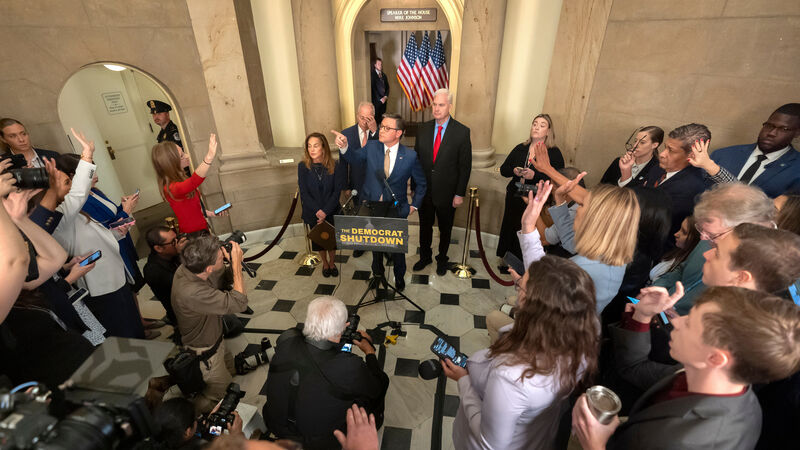Hopes fade for quick end to US government shutdown

Hopes for a quick end to the US government shutdown were fading on Friday as Republicans and Democrats dug in for a prolonged fight and president Donald Trump readied plans to unleash layoffs and cuts across the federal government.
Senators were heading back to the Capitol for another vote on government funding on the third day of the shutdown, but there has been no sign of any real progress toward ending their standoff.











